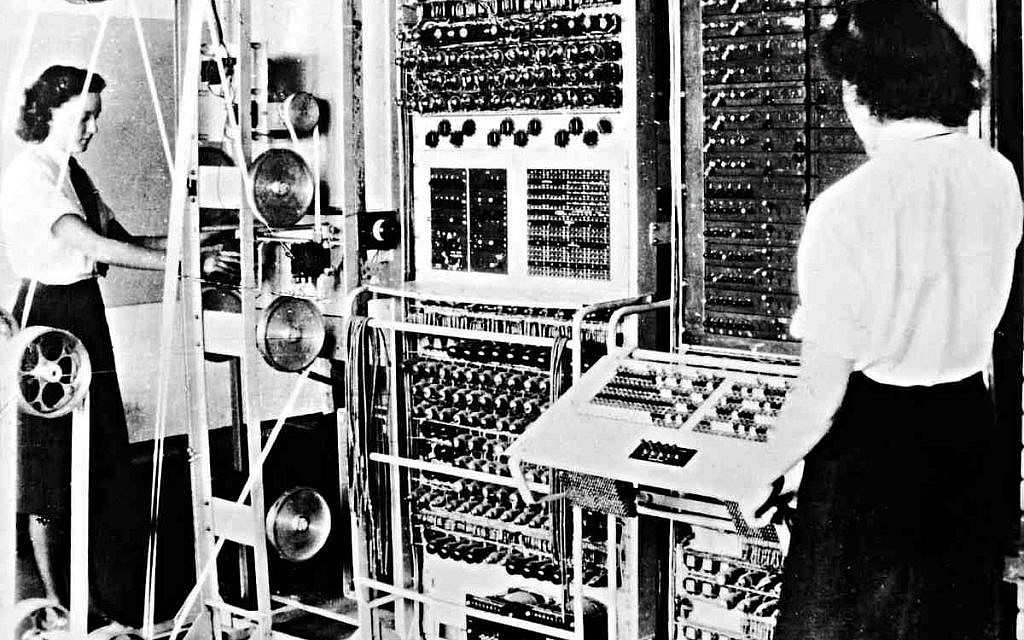D-Day: The Jewish contribution to the largest seaborne invasion in history
While many know D-Day was an intelligence triumph, experts say few appreciate the Jewish community's input to the key turning point in the Second World War
Intelligence (knowing what your enemy is thinking) and deception (making your enemy think you are thinking something else) were crucial in the run-up to Operation Overlord, the Allied invasion of Nazi Europe from Normandy on 6 June 1944.
There were several Allied deception efforts to throw the Nazis and their ten Panzer/Panzer-Grenadier armoured divisions patrolling the Atlantic coast off the Normandy scent.
Chief among them was an operation to deceive Field Marshal Erwin Rommel into thinking the Allies’ 7,000 ships would land at Calais.
Get The Jewish News Daily Edition by email and never miss our top stories Free Sign Up
Decoding the messages of the Nazi high command was crucial to knowing whether the deception had worked. The Allies, led by General Dwight D. Eisenhower, needed to know what the Germans suspected, what they were planning for, and where.
The codebreaking at Bletchley Park is most famous for breaking the Nazis’ encrypted Enigma machine, but Hitler communicated with his generals with the Lorenz SZ/40/42.
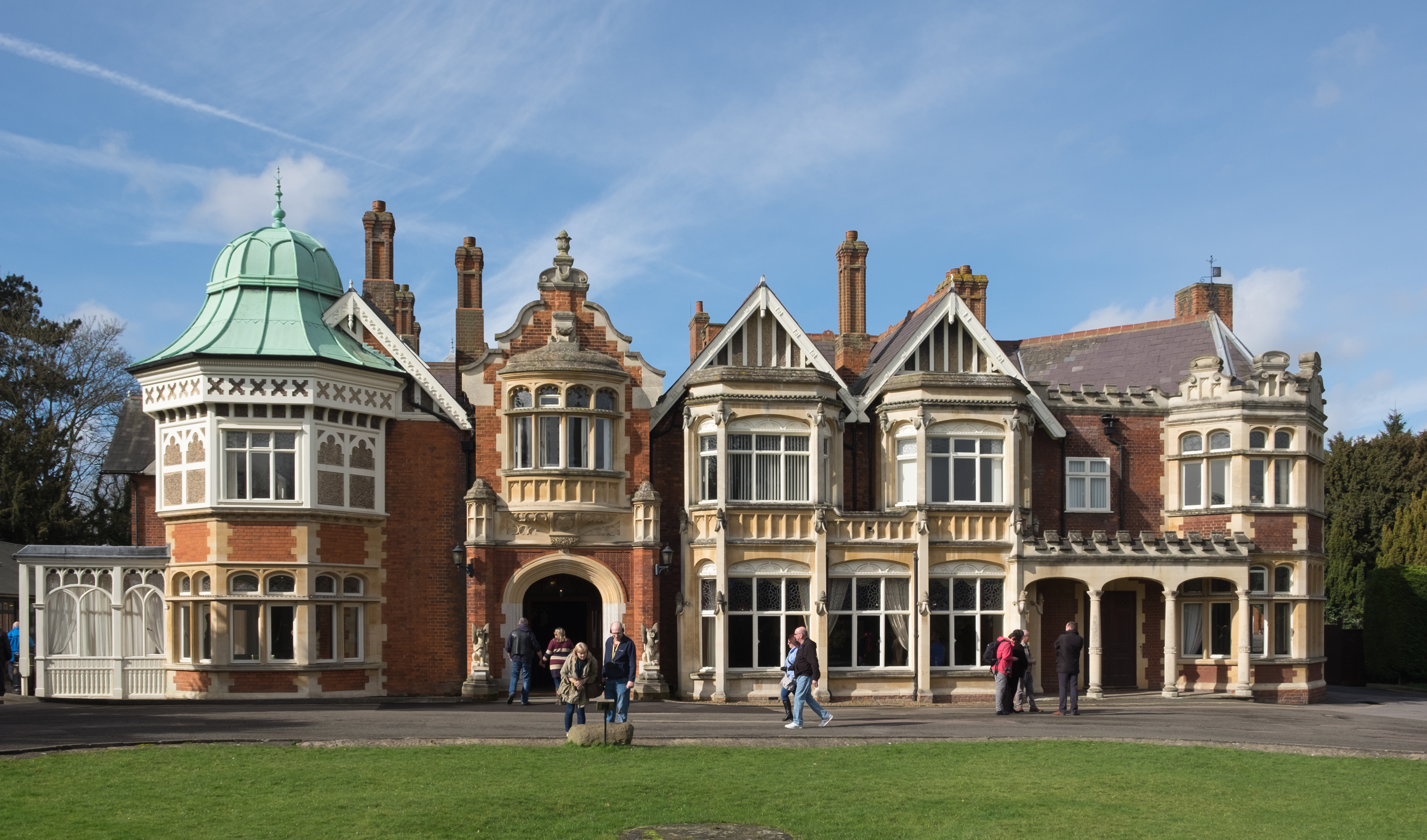
An opportunity arose after an error was picked up in a Lorenz message sent from Athens to Vienna. After a brilliant bit of reverse engineering at Bletchley by mathematicians and cryptographers Bill Tutte and John Tiltman, neither of whom were Jewish, the Allies were able to begin reading the Nazi generals’ messages to Hitler and vice versa.
A special team, comprising members of Tiltman’s Hut 5, was set up at Bletchley (known internally as the Testery) to decipher this high-level intelligence, but there was a problem.
“It was taking six to seven weeks to decrypt each message,” says Michael Kushner, a volunteer guide and lecturer at Bletchley Park, who gives talks to Jewish organisations about the Jewish contribution to wartime signals
intelligence.
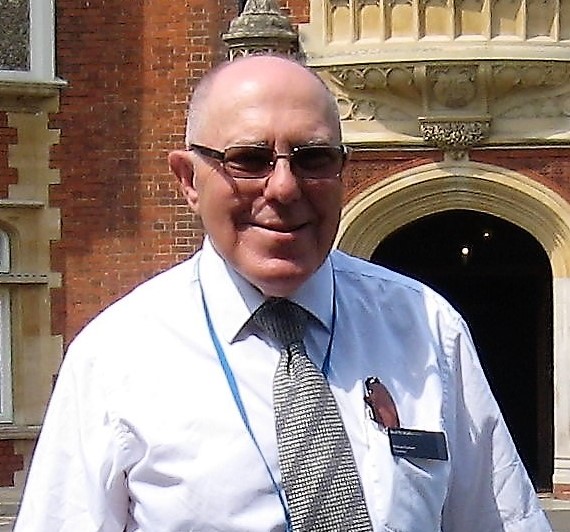
If D-Day was to be a success, the Allies needed to know in more-or-less real time what the Nazis were planning. Enter Max Newman. Born in Chelsea in 1897 to Jewish parents who had fled Poland, Newman grew up in Dulwich, excelled at chess as a child, studied maths at Cambridge and by 1942 was drafted in to work in the Testery.
Newman felt Tutte’s methods could be mechanised and speeded up, so he convinced the operational head of Bletchley Park, Commander Edward Travis, to fund a separate team to do so.
The department that became known as the Newmanry would soon house Colossus, the world’s first programmable electronic digital computer, was used to read the Nazis’ most secret messages.
Working with Newman were the brilliant Jewish mathematicians Jack Good and Peter Hilton. “Through their intellect and intelligence, they sped up the process of reading Hitler’s messages,” says Kushner.
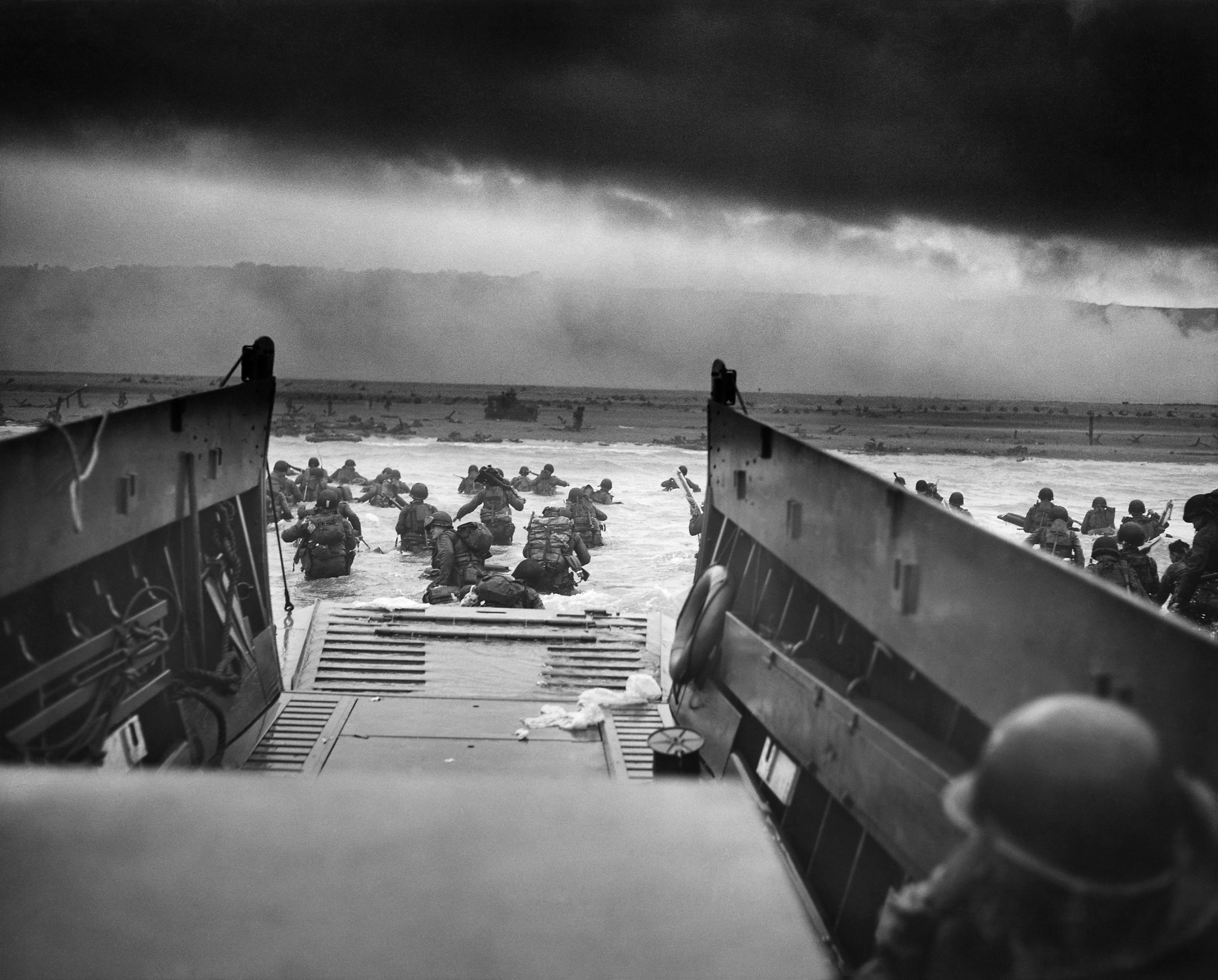
(National Archives and Records Administration (www.archives.gov)/Wikipedia/Chief Photographer’s Mate (CPHoM) Robert F. Sargent)
Kushner says there were almost 200 Jewish personnel working at Bletchley Park during the Second World War, all of whom played their part in the downfall of Hitler.
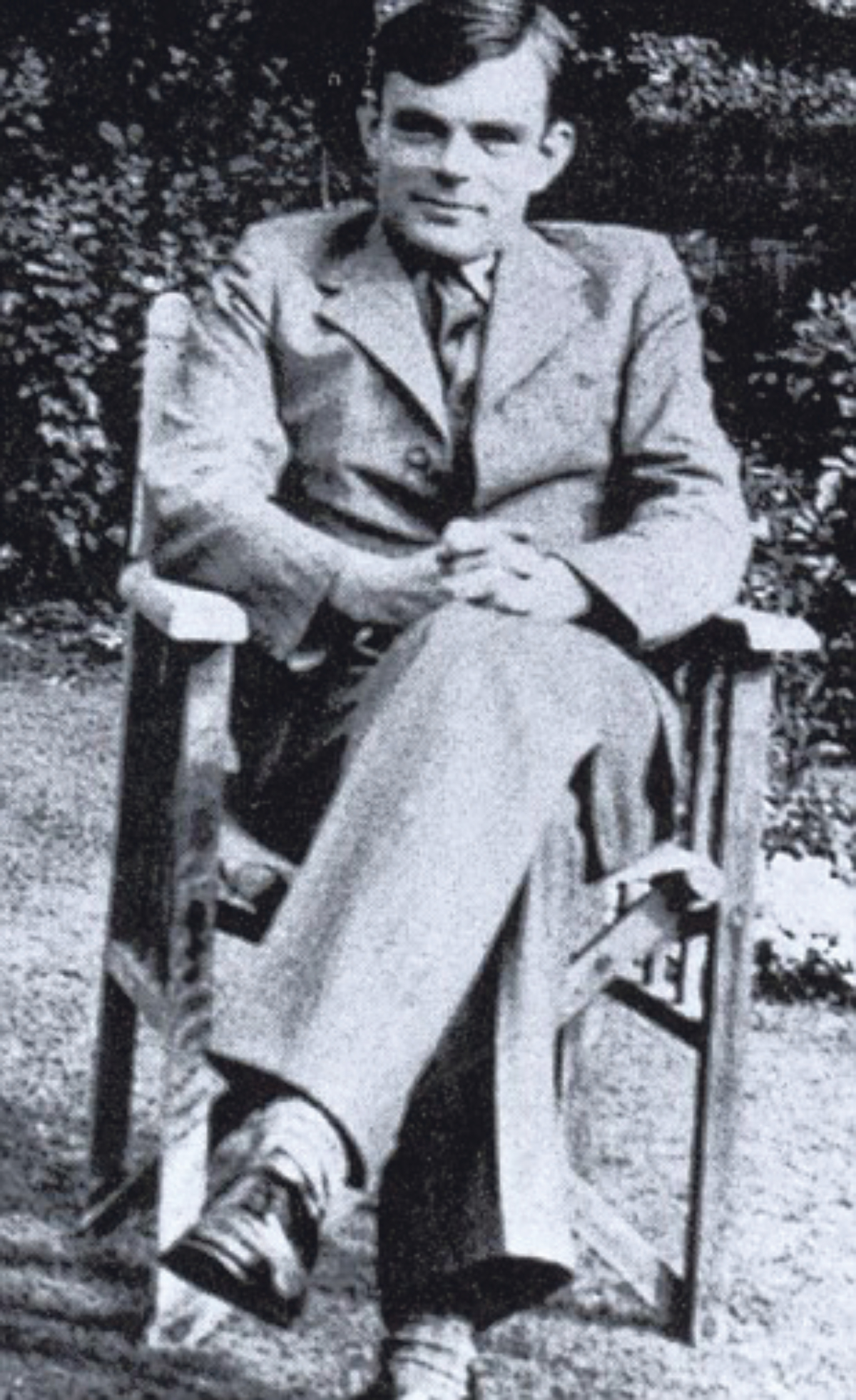
“Many became very important figures post-war. Along with Alan Turing, the trio of Newman, Hilton and Good went to Manchester University to create the first fully programmable computers.
“Harry Golombeck, the brilliant Hut 8 code-breaker and chess champion, became The Times’ chess correspondent and author. Maurice Hoffman, a brilliant Bletchley linguist, eventually became life president of Barnet Synagogue. And then there was Walter Ettinghausen.”
Ettinghausen was a German naval translator working in Hut 4, who established a Zionist Society in Hut 12. After the war, he changed his name to Walter Eytan, became Israel’s Ambassador to France and later became director-general of the Israel’s Ministry of Foreign Affairs.
“These are just a few of the many Jewish personnel who worked at Bletchley Park during the war. I think it is underestimated the work they put into the success of what happened here.”

Thank you for helping to make Jewish News the leading source of news and opinion for the UK Jewish community. Today we're asking for your invaluable help to continue putting our community first in everything we do.
For as little as £5 a month you can help sustain the vital work we do in celebrating and standing up for Jewish life in Britain.
Jewish News holds our community together and keeps us connected. Like a synagogue, it’s where people turn to feel part of something bigger. It also proudly shows the rest of Britain the vibrancy and rich culture of modern Jewish life.
You can make a quick and easy one-off or monthly contribution of £5, £10, £20 or any other sum you’re comfortable with.
100% of your donation will help us continue celebrating our community, in all its dynamic diversity...
Engaging
Being a community platform means so much more than producing a newspaper and website. One of our proudest roles is media partnering with our invaluable charities to amplify the outstanding work they do to help us all.
Celebrating
There’s no shortage of oys in the world but Jewish News takes every opportunity to celebrate the joys too, through projects like Night of Heroes, 40 Under 40 and other compelling countdowns that make the community kvell with pride.
Pioneering
In the first collaboration between media outlets from different faiths, Jewish News worked with British Muslim TV and Church Times to produce a list of young activists leading the way on interfaith understanding.
Campaigning
Royal Mail issued a stamp honouring Holocaust hero Sir Nicholas Winton after a Jewish News campaign attracted more than 100,000 backers. Jewish Newsalso produces special editions of the paper highlighting pressing issues including mental health and Holocaust remembrance.
Easy access
In an age when news is readily accessible, Jewish News provides high-quality content free online and offline, removing any financial barriers to connecting people.
Voice of our community to wider society
The Jewish News team regularly appears on TV, radio and on the pages of the national press to comment on stories about the Jewish community. Easy access to the paper on the streets of London also means Jewish News provides an invaluable window into the community for the country at large.
We hope you agree all this is worth preserving.
-
By Brigit Grant
-
By Laurent Vaughan - Senior Associate (Bishop & Sewell Solicitors)
-
By Laurent Vaughan - Senior Associate (Bishop & Sewell Solicitors)
-
By Laurent Vaughan - Senior Associate (Bishop & Sewell Solicitors)
-
By Laurent Vaughan - Senior Associate (Bishop & Sewell Solicitors)


